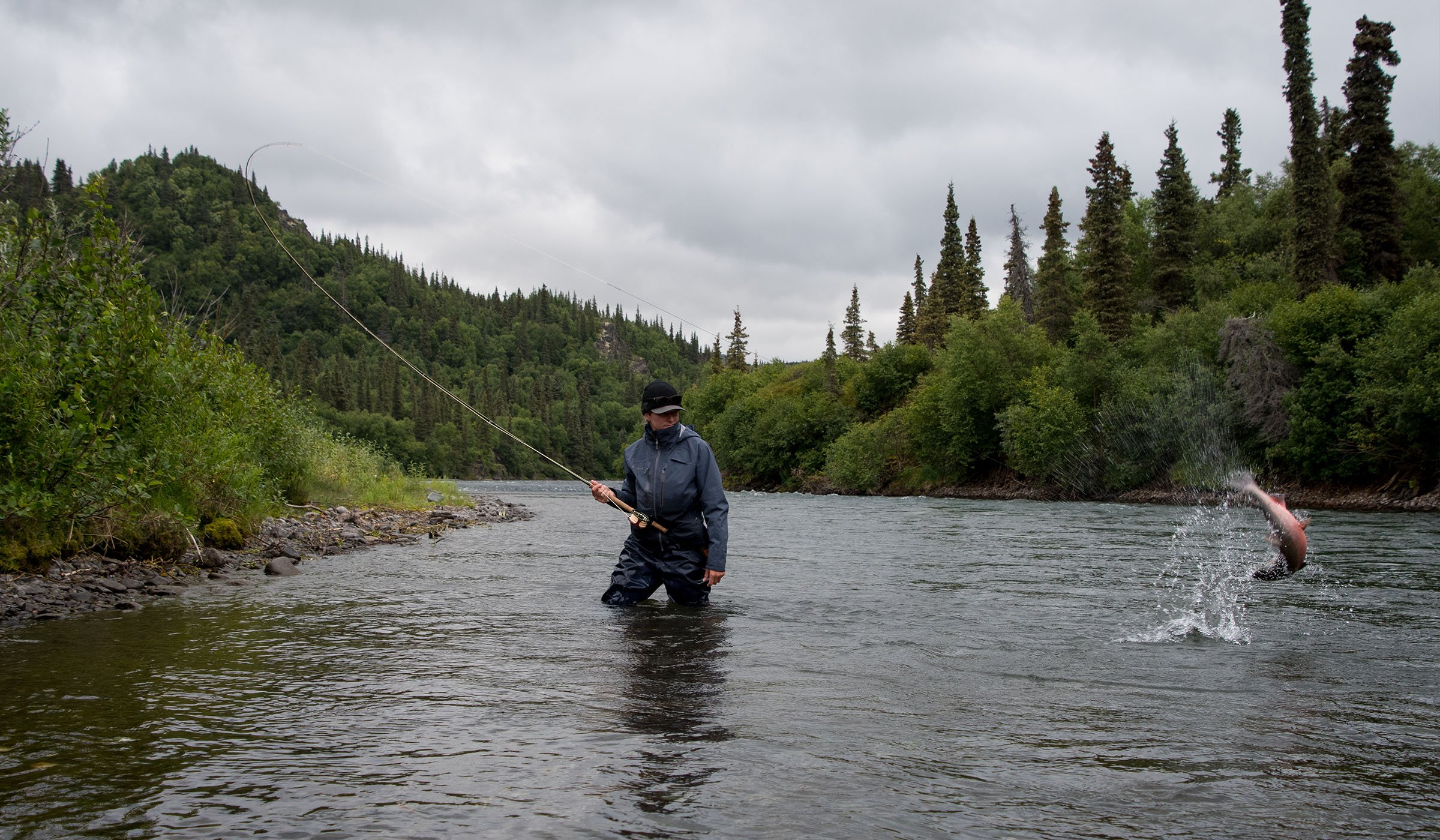
Science on the Fly unites the fly fishing community and river scientists to study, protect, and restore rivers around the world.
Started in 2019 as a project between Woodwell Climate Research Center (a 501c3) and Fishpond, Science on the Fly strategically engages the enthusiastic and passionate fly fishing community around the world to serve as community scientists for monthly river data collection and observations. These data collected allow researchers to increase the number of rivers that are subject to long-term studies of water-quality and watershed health, improve our understanding of how watersheds and river systems change over time due to climate change, as well as to help make an impact when creating or enforcing policies on our watersheds.
A PATH FORWARD THROUGH
COMMUNITY SCIENCE
Climate scientists work diligently to understand the issues that we face. But to act quickly, data collection must be a community-wide effort. Science on the Fly is empowering fly fishing guides, outfitters, and individual anglers to act as community scientists, committing their time and energy to ongoing sampling of important and understudied river systems.
DRIVEN BY PASSION
As a community, we’ve recognized a risk to the places that have inspired our passion for the outdoors. In response we are taking urgent and action-oriented steps toward understanding that risk. With a growing list of partners and supporters within both the fly fishing and science communities, we aim to bridge the gap between science and public policy, and inspire a broad community of river stewards to take ownership of that process.
Make A Donation
Every sample is a step toward action. This year, we're collecting over 2,500 critical samples—each one costing us about $100 for collection, shipping, and analysis. Your donation funds the essential data that informs policy and safeguards river health across six countries. Help us reach our goal and turn data into conservation.

















